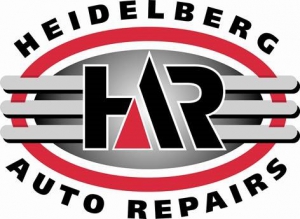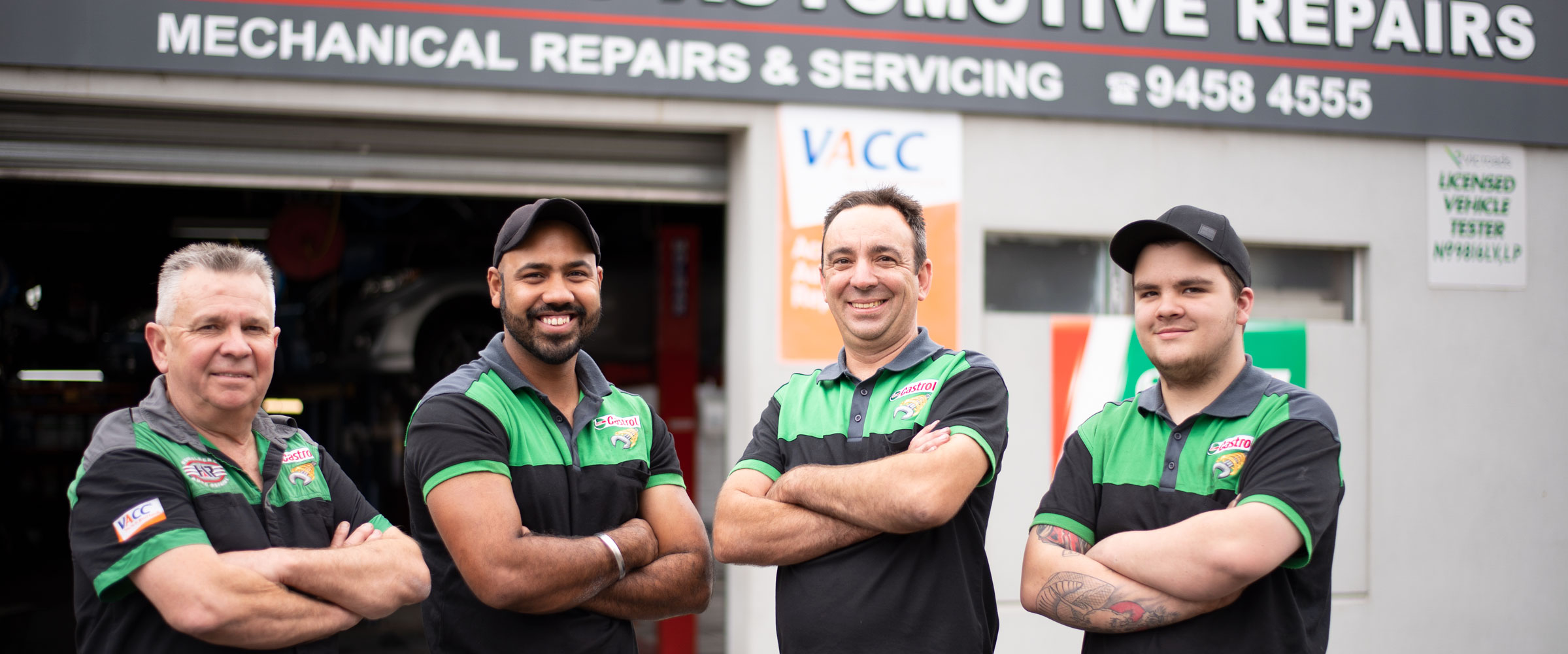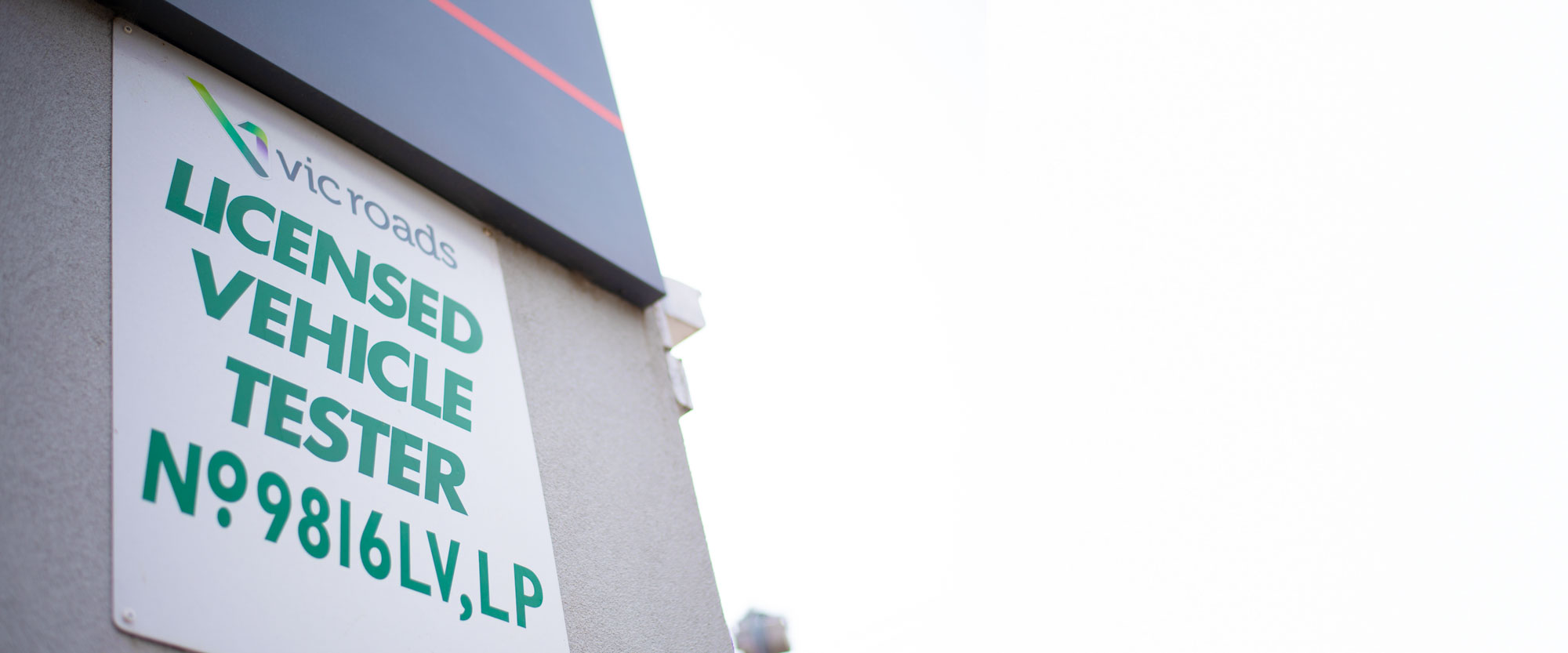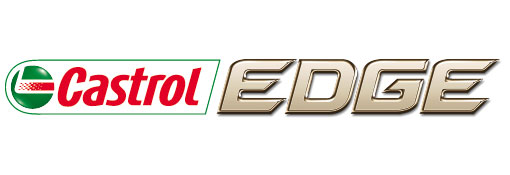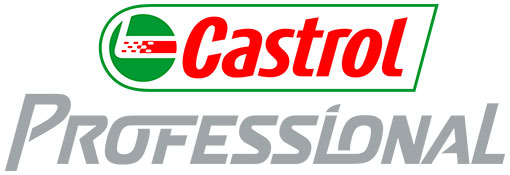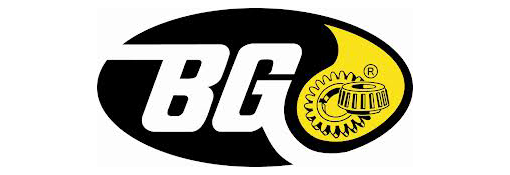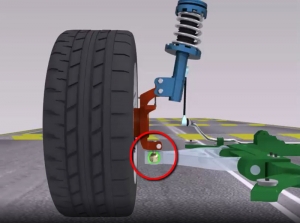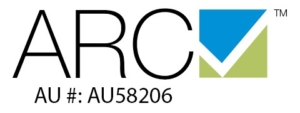Our Partners
Welcome to Heidelberg Automotive Repairs
Heidelberg Automotive Repairs is a third-generation family business of car mechanics and automotive repairers that has been established in Heidelberg for over 65 years.
Our workshop is the closest mechanic to the Austin Hospital, a mere 450 metres, with Heidelberg Train Station over the road and a short walk to Heidelberg shopping strip in Burgundy Street, which is well catered for its variety of Cafe’s and specialty shops.
Frequently Asked Questions
What are Heidelberg Automotive Repairs’ opening hours?
Monday – Friday: 8:00am – 6:00pm
Saurday – Sunday: Closed
How much for a service?
This is the most common question we are asked, and a lot of factors contribute to the end cost.
Example: Cost of Regular Service depending on type of car
Parts and materials: $145-$195 including GST
Labour to perform this particular service: $185-$250
Included in this service:
- BG Engie oil system flush
- BG Fuel system treatment
- 3-9 litres of Castrol Semi-Synthetic engine oil
- Engine sump washer replacement
- Oil filter
- Top up of all fluid levels
Service Procedure:
Check fluid levels first, then road test. Full brake inspection, brake disc measurement, visual inspection of brake pads, hand brake adjustment if required, tyre rotation if required, inflate all tyres including spare tyre, test Brake fluid moisture and condition test, PH test of Radiator coolant, Pressure test cooling system, visual inspection of hoses and if visual, water pump, test air conditioning system, inspect air filter and cabin air conditioner, inspect windscreen washer and wiper blades, check headlamp aiming using Bosch headlamp testing equipment, check all other lights, including interior lamps, check drive belt, check battery condition and security, test alternator charging system, check seat belts, horn, and warning lamps, lubricate door checks and hinges.
Stamp service Logbook.
Final road test, prepare invoice, make note of any faults or impending known faults on invoice.
How long ago was the vehicle serviced: Time and distance is an important question! We first ask if your vehicle is on our data base, then we can check or you can opt for a reminder from us at the due time.
Driving habit: Do you travel more than 10,000km per year or maybe only 6,000km per year? If you travel 10,000 km or more per year, we recommend an annual service and inspection, if it’s 6,000km or less, a 6 monthly service and inspection is recommended.
With regular servicing a major factor is also a safety inspection of the vehicle’s wear and tear items: Tyres, steering, suspension, brakes, lights, wipers, cooling system, air conditioning system, drive belts, there are many other checks as well as to the overall condition.
Travelling 6,000km per year is approximately 250km per week. You may have started your car 20 or 30 times, travelled a short distance, say a 10 minutes’ drive, followed by the engine being switched off for an hour or two, then you jump back in the car and drive back to your home or office. It takes 30 minutes of driving to burn off excessive start up fuel required in the engine warm up period. With cold start-ups and travelling short distances, your engine oil is being diluted by the excessive fuel effectively “watering down” your oil, contributing to oil consumption, therefore the 6 month service interval is recommended to change your diluted oil and maintain the life of your engine, not only the oil but a maintenance and safety inspection carried out in the schedule.
Regular servicing and inspections will help:
- Reduce the risk of unexpected breakdown
- Reduce overall repair costs
- Reduce vehicle downtime
- Help maintain and prolong the life of your vehicle
Larger Vehicles
6 and 8 cylinder cars, diesel vehicles and SUV/Commercial vehicles attract a higher service and parts charge due to oil type and quantity, oil filter type, and time taken to complete the service and inspection. Prices can be made available upon request.
What is a Roadworthy Inspection? What is checked?
The roadworthy inspection is a check of the vehicle to make sure that key components are in a good enough condition for safe road use. The safety inspection specifies the minimum acceptable limits in accordance with the manufacturer’s specifications, some of the areas covered include:
- Wheels and tyres
- Brake discs, brake drums, brake pads, brake linings, brake hydraulic systems
- Steering & suspension
- Seats & seatbelts
- Lights & reflectors
- Windscreen & windows including front wipers and washers
- Vehicle structure
- Other safety related items on the body, chassis or engine
A certificate of roadworthiness (also known as a ‘roadworthy’ or ‘RWC’) shows that your vehicle is safe enough to be used on public roads. A roadworthy is required whenever a vehicle is sold, if it’s being re-registered, and to clear some defect notices. A certificate of roadworthiness isn’t a guarantee that a vehicle’s mechanically reliable, it just shows that it’s safe enough to be driven.
What isn’t checked
The roadworthiness test isn’t a check of the mechanical reliability or general condition of a vehicle. A certificate of roadworthiness does not mean that:
- The vehicle is in top condition without any wear or deterioration
- Non-safety related accessories ( such as the air conditioner, rear window demister, electric windows and rear-window wipers) are working
- The items checked during the roadworthy inspection will continue to function after the inspection, e.g brake light can stop functioning at any time after the inspection
- The vehicle complies with all of the Australian Design Rules (ADRs)
Who issues certificates?
A certificate of roadworthiness can only be issued when a licensed vehicle tester, operating from a nominated garage or service station, believes the vehicle is roadworthy. A certificate can only be issued when a vehicle passes the inspection.
How long does a RWC remain current?
A roadworthy is considered ‘current’ if it was issued less than 30 days before you present it at VicRoads (e.g. when you visit a VicRoads Customer Service Centre to transfer or re-register a vehicle)
Note: This is not a guarantee that a vehicle with a roadworthy certificate will necessarily continue to remain in a roadworthy condition for 30 days from the date the certificate was issued.
The cost of getting a roadworthy can depend on the age, type and condition of a vehicle.
What if my vehicle fails the test?
If an item fails to meet the requirements, we, the vehicle tester, will issue a rejection report. You’ll be given 7 days to repair or replace the rejected item(s) and have them re-inspected.For customer convenience, we can provide these repairs and replacements in our workshop.
If more than 7 days goes by, another full inspection will be required.
Roadworthy Inspection Costs:
Standard vehicles from $265.00
Larger Commercial and SUV type vehicles from $330.00
Modified vehicle from $310.00
Re-inspection charge: $99.00
(no charge for retest if we carry out your repairs in our workshop, however, the second inspection must be completed in 7 days)
Why Choose Us?
Quality of Workmanship
Despite our extensive history and experience, we live by a simple motto: “You’re only as good as your last job.” This means the most important job, is the job we’re currently working on. No resting on our laurels, no rushing or half-done jobs. The quality of our workmanship and service is incredibly important to us.
Customer Service
Here at Heidelberg Automotive Repairs, we are dedicated to helping our customers through the entire repair process. Our mechanics are all happy to answer questions and walk you through the repair process and reasons that the repairs are needed. We have invested in Vehicle Visuals, which allows us to email or message you a narrated animation to explain exactly what is being repaired and why, cutting through all the technical jargon.
